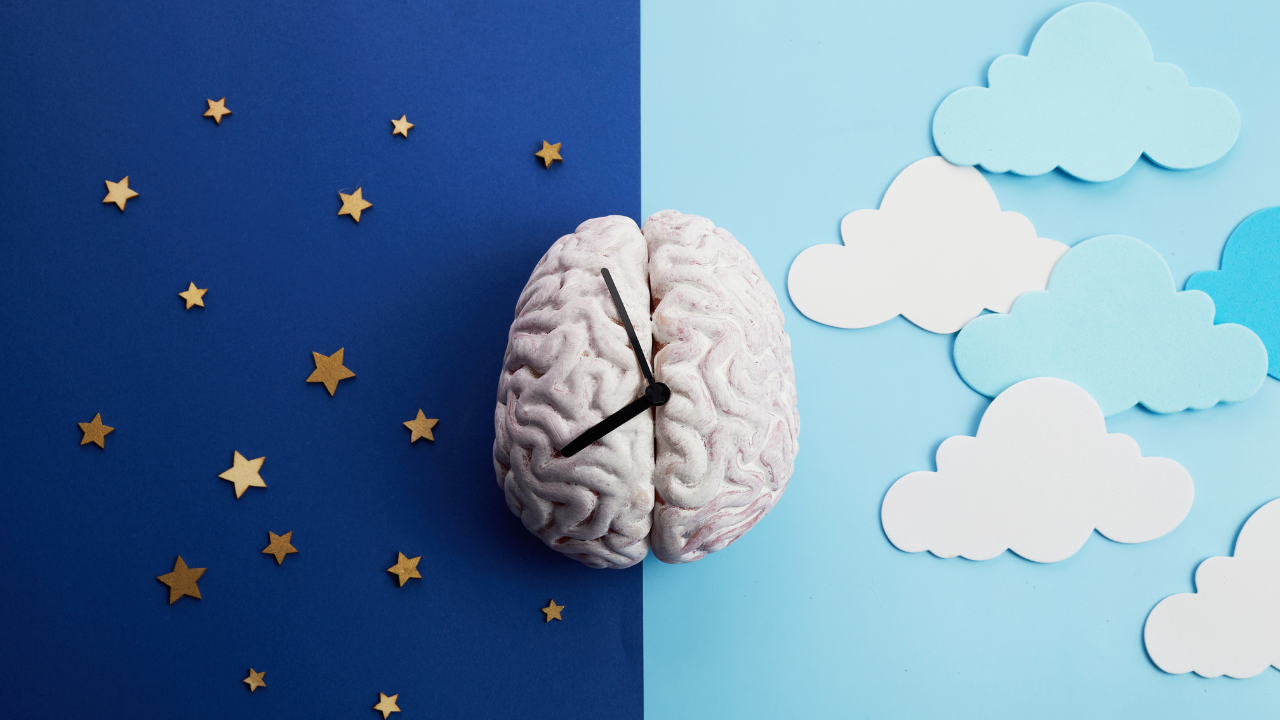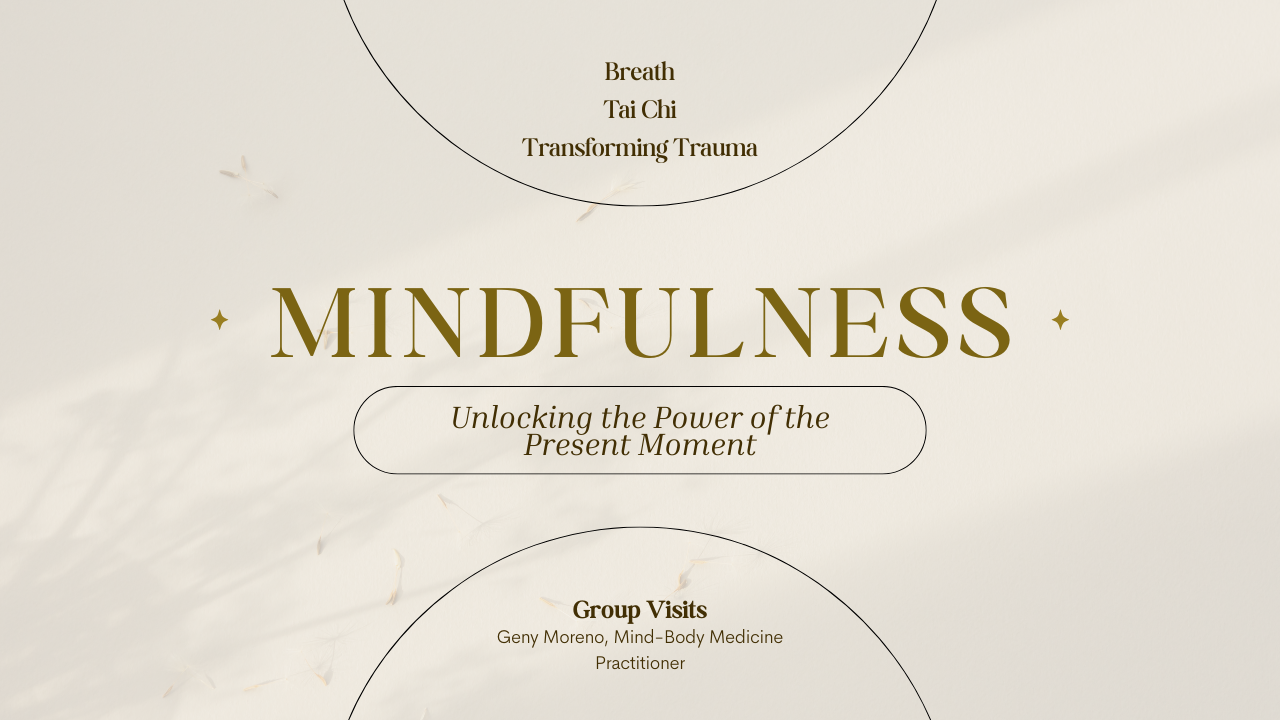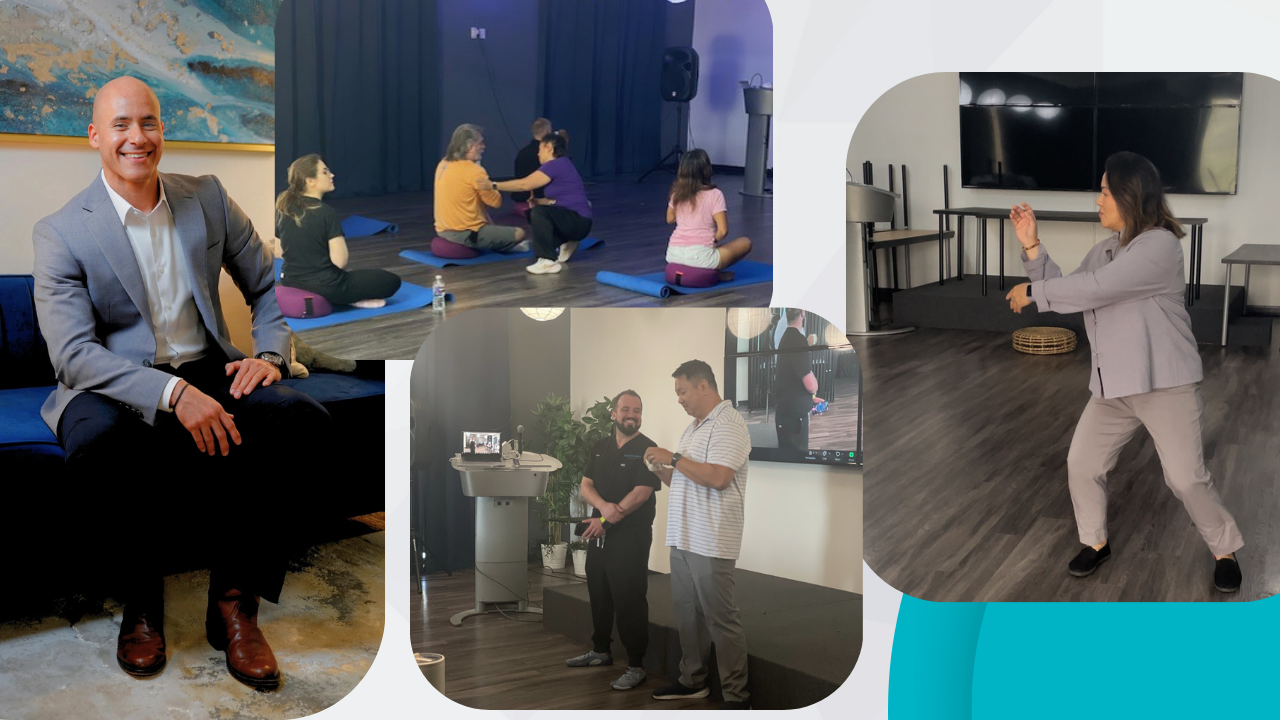Blog
The Hidden Link Between Viruses, Elastin, and Hypermobility: Why Your Environment Matters

If you're living with hypermobility, you've probably noticed that your symptoms don't exist in a vacuum. Pain flares, digestive issues, and hormonal imbalances often seem to worsen with the seasons — and there's a compelling reason for that. The answer lies in a protein you may not have heard much about: elastin.
What Is Elastin, and Why Does It Matter for Hypermobile Individuals?
Elastin is the structural protein responsible for giving your tissues their elastic, flexible quality. For most people, it quietly does its job in the background. But for hypermobile individuals, elastin expression is heightened — and that sensitivity makes them far more responsive to changes in their environment.
Think of it this way: the same biology that gives hypermobile people their extraordinary flexibility also makes their systems more finely tuned to — and more easily disrupted by — the world around them.
How Viruses Disrupt Elastin Function
Here's where things get particularly important for thos...
Healing Is Possible: How Mind-Body Skills Can Help You Transform Trauma

Trauma is something millions of people carry — often silently. It can shape the way we see ourselves, relate to others, and move through the world. But healing is not only possible; it's a journey that can be supported with the right tools, community, and guidance. That's why we're proud to offer our Transforming Trauma Mind-Body Skills Group Program at Texas Center for Lifestyle Medicine — and we're excited to announce the next round is starting this April.
Understanding Trauma: More Than Just a Memory
When most people think of trauma, they picture a single catastrophic event. But trauma is far more nuanced than that. It can stem from childhood neglect, relationship challenges, medical crises, accidents, loss, systemic oppression, or the slow accumulation of painful experiences over time — what researchers sometimes call "small-t trauma."
What makes trauma so complex is that it doesn't just live in our minds. It lives in our bodies.
The pioneering work of Dr. Bessel van der Kolk...
Your Brain's Weekly Reset: A Science-Backed Schedule for Cognitive Health in 2026

At our clinic, we're often asked: "What can I do today to protect my brain for tomorrow?" The answer isn't found in a single supplement or quick fix—it's built into how you structure your week.
Recent neuroscience has identified three critical mechanisms that keep your brain sharp: the Glymphatic Wash (sleep's cleaning cycle), Neurogenesis (movement-triggered brain cell growth), and Synaptic Reserve (the cognitive buffer you build through novelty). This schedule is designed to activate all three, balancing the structure your body needs with the variety your brain craves.
Your Weekly Neuro-Optimization Blueprint
Weekday Mornings (7:00–9:00 AM): The Circadian Anchor
Start with 10 minutes of natural light exposure—step outside with your coffee or stand by a window. This simple act sets your internal clock and primes your brain for the day ahead.
Pair this with a high-protein breakfast enriched with omega-3s: think eggs with smoked salmon, or Greek yogurt topped with walnu
...From Stuck and Frazzled to Moving Forward: Mind-Body Medicine with Geny Moreno

Does life feel like you're constantly running on empty, reacting instead of responding, or just trying to make it through each day?
Signs You May Be Stuck in a Fight-Flight-Freeze Response
- Feeling overwhelmed, trapped, or unable to move forward
- Lying awake with spiraling thoughts at night
- Engaging in behaviors you know aren't serving your health—like eating excessive junk food or avoiding activities that promote well-being
- Relying on social media scrolling, binge-watching TV, or other temporary escapes
- Losing motivation for the things that once brought you joy
A Different Approach to Healing
Geny Moreno, our mind-body medicine practitioner, encourages her patients to engage in mindfulness activities and nervous system regulation tools—including breathwork and tai chi—that promote a sense of groundedness and self-awareness.
Often, we avoid the very thing that will help us most: sitting with discomfort in order to move forward. We tend to skip the middle ground of healing, w...
POTSie Kitchen Hacks: Making Nutrition and Cooking Easier with Dysautonomia

Managing POTS doesn't mean sacrificing good nutrition—it just means working smarter, not harder.
If you're living with Dysautonomia or POTS (Postural Orthostatic Tachycardia Syndrome), you know that everyday tasks like cooking can quickly become exhausting. Standing at the stove, chopping vegetables, or even reaching for ingredients can drain your limited energy reserves and trigger symptoms like dizziness, fatigue, and brain fog.
But what if your kitchen could work with you instead of against you?
Introducing Our Monthly POTSie Kitchen Hacks Workshop
We're excited to offer a specialized group visit designed specifically for patients managing Dysautonomia and POTS. Led by Ruben, these monthly sessions provide practical, actionable strategies to help you nourish your body without depleting your energy.
What You'll Learn
Each workshop covers essential topics that make a real difference in your daily life:
Smart Kitchen Organization
Discover how to arrange your kitchen to minimize ...
Patient-Led Diabetes Support Group Returns January 29th

Start the New Year Strong with Community Support and Practical Strategies
We're thrilled to announce that our patient-led diabetes support group is back! Join us on Thursday, January 29th at 8:30 AM for an empowering session hosted by Gardner Mack, NP.
Why TCLM Created this Series:
Living with diabetes, insulin resistance, or blood sugar challenges can feel isolating. But you're not alone. Our support group brings together individuals who truly understand the daily struggles and triumphs of managing diabetes.
This group visit is designed for anyone who wants to:
- Learn practical tips and strategies for better blood sugar management
- Share experiences with others who understand your journey
- Gain valuable tools for navigating diabetes in everyday life
- Connect with a supportive community that celebrates your progress
Whether you're newly diagnosed or have been managing diabetes for years, this group offers a safe, welcoming space to ask questions, learn from others, and find e...
Welcome to 2026: A Year of Lifestyle Medicine & Community Healing

As we step into 2026, Texas Center for Lifestyle Medicine is recommitting to what we do best: empowering you with the education, tools, and community support needed to transform your health from the inside out. This year, we're diving deep into all things lifestyle medicine—from the fundamentals of nutrition to the complex interplay between chronic conditions, behavioral patterns, thought processes, and belief systems.
We believe that true healing happens when we address not just symptoms, but the root causes that shape our daily lives. Whether you're just beginning your wellness journey or you've been with us for years, we have something meaningful in store for you.
Monthly Dysautonomia Cooking Classes with Ruben
At the end of every month, Ruben, our registered dietitian, will be hosting a live cooking and nutrition class specifically designed for those living with dysautonomia. If you've attended before, you know how helpful these sessions can be. Members consistently share ho
...Dr. Ruan's Transition: Your Questions Answered!

Missed our recent town hall meeting? Here's a summary of the key information shared about Dr. Ruan's transition and what this means for your care.
About the Transition
Why is Dr. Ruan no longer seeing patients?
Dr. Ruan is transitioning into a new role where he will continue to advocate for patients and improve healthcare systems on a broader level. His work will focus on developing programs and partnerships that enhance patient care both within and beyond our clinic. He remains deeply connected to Texas Center for Lifestyle Medicine and our mission.
When is Dr. Ruan's last day seeing patients?
Dr. Ruan's last day seeing patients in the clinic will be March 31.
Your Continued Care
What happens to my care after March 31?
Your care will continue seamlessly with our new Primary Care Provider, who will take over where Dr. Ruan left off. All of your medical records, treatment plans, and notes will remain in your chart—there's nothing you need to do to transfer information.
Unlocking Immune Health: The Power of the Hypothalamus

At Texas Center for Lifestyle Medicine, we believe in empowering our community with knowledge that bridges ancient wisdom and modern science. Dr. Ruan recently shared valuable insights on the immune system, the role of the hypothalamus, and how simple lifestyle changes—like embracing heat—can support your health, especially during the colder months.
Where Does Immunity Begin?
When we think about the immune system, many of us picture the gut or the circulatory system. But did you know the true “command center” of your immune response is in your brain? Specifically, the hypothalamus—a small but mighty region that acts as a junction between the spinal cord and the rest of the brain.
The hypothalamus is not just a relay station; it’s the origin of the immune system and all hormones. It regulates immune responses, consciousness, and much more. Ancient civilizations even symbolized the hypothalamus in their art and religious iconography, highlighting its importance in human health and...
Understanding Memory Loss: Beyond Dementia

At Texas Center for Lifestyle Medicine, we're committed to helping our patients understand the true nature of cognitive challenges. In a recent group session, Dr. Francesco Amico, PhD in Behavioral Neuroscience, shared valuable insights about memory impairment that often gets misdiagnosed or misunderstood.
It's Not Always Dementia
When experiencing memory problems, many people immediately fear Alzheimer's Disease or dementia. However, Dr. Amico emphasizes that most cases involve what he calls "cognitive inefficiency" rather than neurodegenerative disease. Unlike dementia, where brain cells die and cannot be recovered, cognitive inefficiency is often reversible with targeted interventions.
The Major Culprits Behind Memory Problems
Chronic Stress and Cortisol
Stress occurs whenever our environment challenges us. While small amounts of cortisol can enhance learning and alertness, chronic stress tells a different story. Elevated cortisol levels affect the brain's most sensitive areas—...
